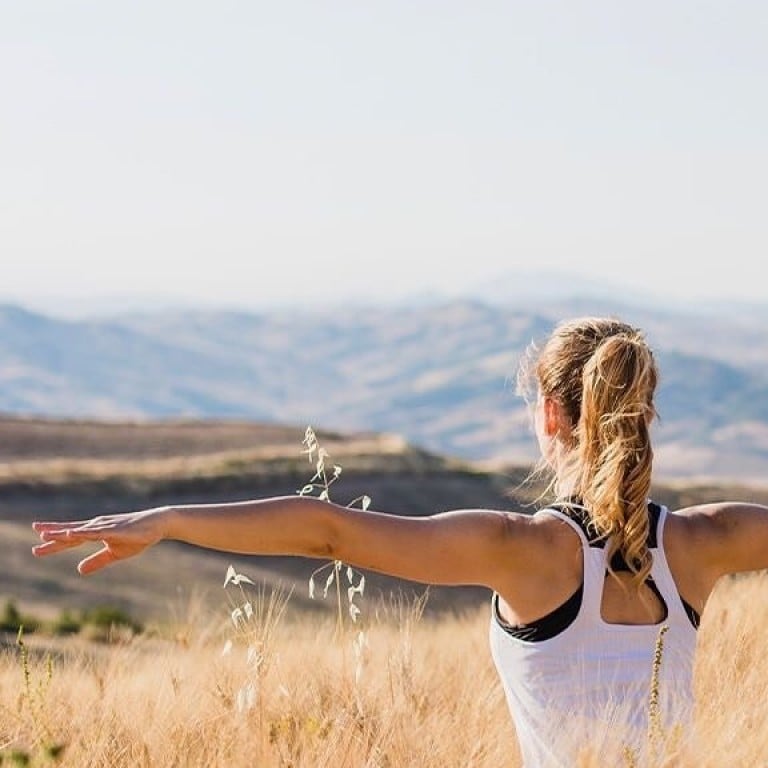Fire spinning, ice bathing, anti-stress apps and wellness sabbaticals – the trends that will shape mindfulness and mental health in the 2020s

What will define the US$4.2 trillion global wellness economy in the coming decade? Upcoming trends including using extremes to find balance, the use of technology, discovering purpose and wellness sabbaticals
A new year, a new decade, what will the US$4.2 trillion global wellness economy bring for our health in 2020? Upcoming trends directly, and indirectly, highlight mental well-being as a cornerstone, whether through going to physical extremes or taking breaks, using or refusing technology and focusing on purpose.
“The WHO stated [World Health Organisation], ‘There is no health without mental health’. Think about it,” said Gerry Bodeker, Harvard-trained public health academic and chair of the Mental Wellness Initiative of the Global Wellness Institute (GWI), at the recent Bali Wellness Summit, in Bali, in November 2019.
GWI chair and CEO of the Global Wellness Summit, Susie Ellis, announced at the last summit Singapore, in October 2019, that the WHO is collaborating with their team on mental wellness. “Wellness has never been so high on policy agendas,” she said, “and the next dozen years need to be about truly moving the needle on mental health.”
1. Using extremes to find balance
Ice bathing and fire spinning, feasting and fasting, action and stillness, flooding the body with oxygen and carbon dioxide – taking the body and mind on a journey of energising contrasts creates a fast track to finding balance, says Dr Marc Cohen, a medical practitioner and renowned researcher who offers all of the above at his Extreme Wellness Retreats at Komune Resort, Bali and Maruia Hot Springs, New Zealand.
“By going to the extreme of our physiology in terms of water, glucose, temperature, oxygen and carbon dioxide we are able to directly influence all our cells and their mitochondria and improve our metabolic efficiency,” he says.
As well as physical well-being, the experiences immediately boost mental and emotional resilience and strength. After retreaters repeatedly visit the edge of their comfort zones, they report returning to homeostasis with boosted energy levels, sharpened focus, the feeling of emotional strength and empowerment and renewed purpose.
2. Technology – use or delete?